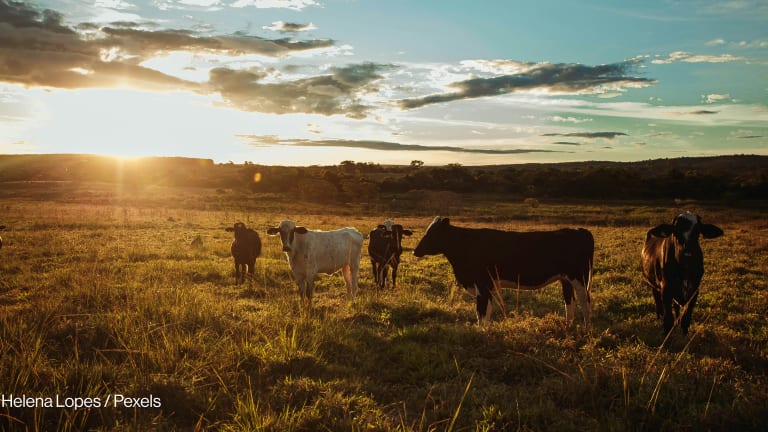Livestock rearing is a system that supports millions of families in the global south with food and income, but farmers say it is under siege.
On one front, climate change is exerting pressure on livestock systems, with extreme weather such as prolonged droughts and floods leading to less fodder and the spread of new diseases, as heat stress reduces the farm animals’ productivity.
On the other, the sector contributes up to 14.5% of global greenhouse gas emissions per year, and a growing number of pressure groups are pushing for the elimination of livestock products from the free market space.
Printing articles to share with others is a breach of our terms and conditions and copyright policy. Please use the sharing options on the left side of the article. Devex Pro members may share up to 10 articles per month using the Pro share tool ( ).








